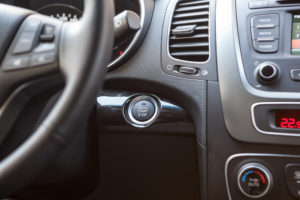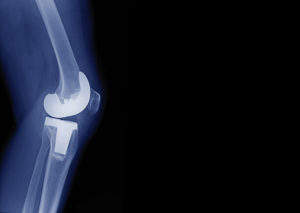One in every 46 Nebraska drivers will be involved in an automobile accident each year, according to the Nebraska Department of Highway Safety. The most common automobile accident injury is neck strain, commonly referred to as “whiplash”. Neck strain injuries often occur as a result of the impact felt when a vehicle is rear-ended. Upon impact, the force of the rear vehicle reaches the driver causing the head of the driver to snap forward and then backwards. Neck strain caused by this type of injury is often accompanied by other symptoms, such as radiating pain into the back or shoulders or a series of headaches, dizziness or loss of consciousness. These injuries are often referred to as “soft tissue injuries”, however they can be more serious and include structural damage to the spine. The injury can cause chronic pain, joint dysfunction and herniated discs.
A second type of injury that is common in automobile accidents is back injuries. These can also be soft tissue in nature or include structural damage to the spine. Back injuries can also include radiating pain into the legs, hips or buttocks. The back is a very easy area to injure as it is a very sensitive part of the body. It is easily injured by impact and trauma. Nerve damage, muscular damage and herniated discs can result from car accidents.
The third type of injury which is common in automobile accidents is head injuries. Head injuries can be common because impacts from automobile accidents can cause the body to be tossed within the vehicle, sometimes causing the head to strike surfaces within the vehicle. These injuries can extend from contusions or bruises and lacerations to the head all the way to a Traumatic Brain Injury (TBI), an injury to the brain that results from an external force or trauma to the head. A TBI can be mild or extensive, depending on the factors involved in the crash, as well as a person’s biological makeup. A TBI can occur regardless of how minimal the impact may be. TBIs can cause memory loss, functional deficits, headaches, dizziness or loss of consciousness.

The Legal Examiner and our Affiliate Network strive to be the place you look to for news, context, and more, wherever your life intersects with the law.










Comments for this article are closed.